Wildlife Interactions
What is a Wildlife Emergency?
Wildlife emergencies are incidents involving wild animals in which an immediate danger to public health and safety is present. You should contact the SCDNR Emergency number and/or Myrtle Beach Police Department for assistance. MBPD may only respond to wild animal complaints in which the animal is sick, injured and/or the animal in an immediate and present danger to public health and safety.
What if I find sick or injured wildlife in my yard or neighborhood?
Should you find a wild animal hurt in your yard or neighborhood there are a few things you can do depending on the type of animal. We are pleased to partner with 2 local wildlife rehabilitation rescues that are licensed and may be able to help. The first is Carolina Wildlife Rehabilitation Center. They specialize in birds, squirrels, opossums, turtles and other small animals. They can also assist with other animals in transporting them to our other partner which is Wild Things Freedom Center. You will find the contact information for both of these facilities below. If you are unsure of what to do please contact the Animal Control office for your area to report it and they can help you get in touch with the right wildlife rescue and rehabilitation facility that specializes in that animal. For more information on these wildlife rescues please check out their Facebook pages and websites.
Animal Control Within Myrtle Beach city limits – Myrtle Beach ACO: 843-918-1382
Animal Control for Horry County/Conway – Horry County ACO: 843-248-1520
Animal Control for North Myrtle Beach ACO: 843-280-5511
Nuisance Wildlife Problems?
The individual home or property owner must handle wildlife nuisances. Resources and guides are available at: www.dnr.sc.gov/wildlife/nuisance.html or questions may be directed to Nuisance Wildlife Control Operator. A list of NWCOs is available at: www.dnr.sc.gov/wildlife/docs/nwco.pdf
General Nuisance Wildlife Guidelines
- Property owners may take a nuisance wild animal (examples: foxes, coyotes, raccoons, opossums, squirrels, etc.) within 100 yards of his/her property; however Myrtle Beach City Ordinance prohibits discharging firearms or air rifles (Sec. 14-101). Contacting a NWCO is suggested for animal nuisance issues.
- Relocation and transfer of wildlife is prohibited (SC 50-11-2570) to prevent the spread of diseases, such as: rabies, distemper and parasites.
- Property owners may obtain a permit to remove dangerous nuisance alligators from SCDNR; feeding alligators is illegal.
- Myrtle Beach City Ordinance (Sec. 4-5) prohibits creating a neighborhood nuisance by feeding wildlife.
Who Do I Contact If I Have Rabies Concerns About A Wild Animal?
It is vital to understand the real facts about rabies and know what reasonable safety measures you can take to prevent exposure to the rabies virus, such as keeping rabies vaccinations current for your pets, and getting prompt post-exposure shots if bitten by a possibly rabid animal.
Rabies is usually passed to humans via the bite of a rabid animal. Occasionally it can be transmitted if the saliva of an infected animal gets into a fresh scratch, break in the skin, or contact with mucous membranes (eyes, mouth, and nose). Rabies is not transmitted through the blood, urine, or feces of an infected animal, nor is it spread airborne through the open environment. In addition, the virus does not live long when exposed to the open air and is no longer viable once saliva dries. Fortunately, the cases of humans getting rabies are quite infrequent in the United States.
Enjoy wild animals from a distance. Do not handle, feed, or attract them. Never adopt or bring a wild animal into your home. Teach children not to touch unknown animals, wild or domestic, even if they appear friendly. The best way to protect against rabies is by taking sensible precautions and using good common sense.
For more information contact SCDHEC for rabies control inquiries.
SC Dept. of Health & Environmental Control
1931 Industrial Park Road
Conway, SC 29526
(843) 915-8801
Contacts
SC Dept. of Natural Resources
Regions 4 Offices – including Horry County
Street: 217 Ft. Johnson Road
Charleston, SC 29412
Emergencies: 1-800-922-5231
Nuisance Wildlife: (843) 953-5291
Law Enforcement: (843) 953-9307
Nuisance Alligator: (843) 546-8119
Injured Raptors: (843) 971-7474
Whale-Dolphin Stranding: (843) 820-0612
Sea Turtles: (843) 953-9015
SC Dept. of Health & Environmental Control
1931 Industrial Park Road
Conway, SC 29526
(843) 915-8801
www.scdhec.gov
Myrtle Beach Police Dept.
1101 N. Oak Street
Myrtle Beach, SC 29577
Complaints: (843) 918-1382
Inquiries: (843) 918-1331
Additional Helpful Wildlife Websites
Wildlife Rehabilitators: http://www.dnr.sc.gov/wildlife/rehab/index.html
Deer problems: http://www.dnr.sc.gov/wildlife/publications/nuisance/deer.pdf
Bear Sightings www.dnr.sc.gov/wildlife/bear/sightingform.html
Alligators: www.dnr.sc.gov/wildlife/gatorc.html
Sea Turtles: www.dnr.sc.gov/seaturtle


